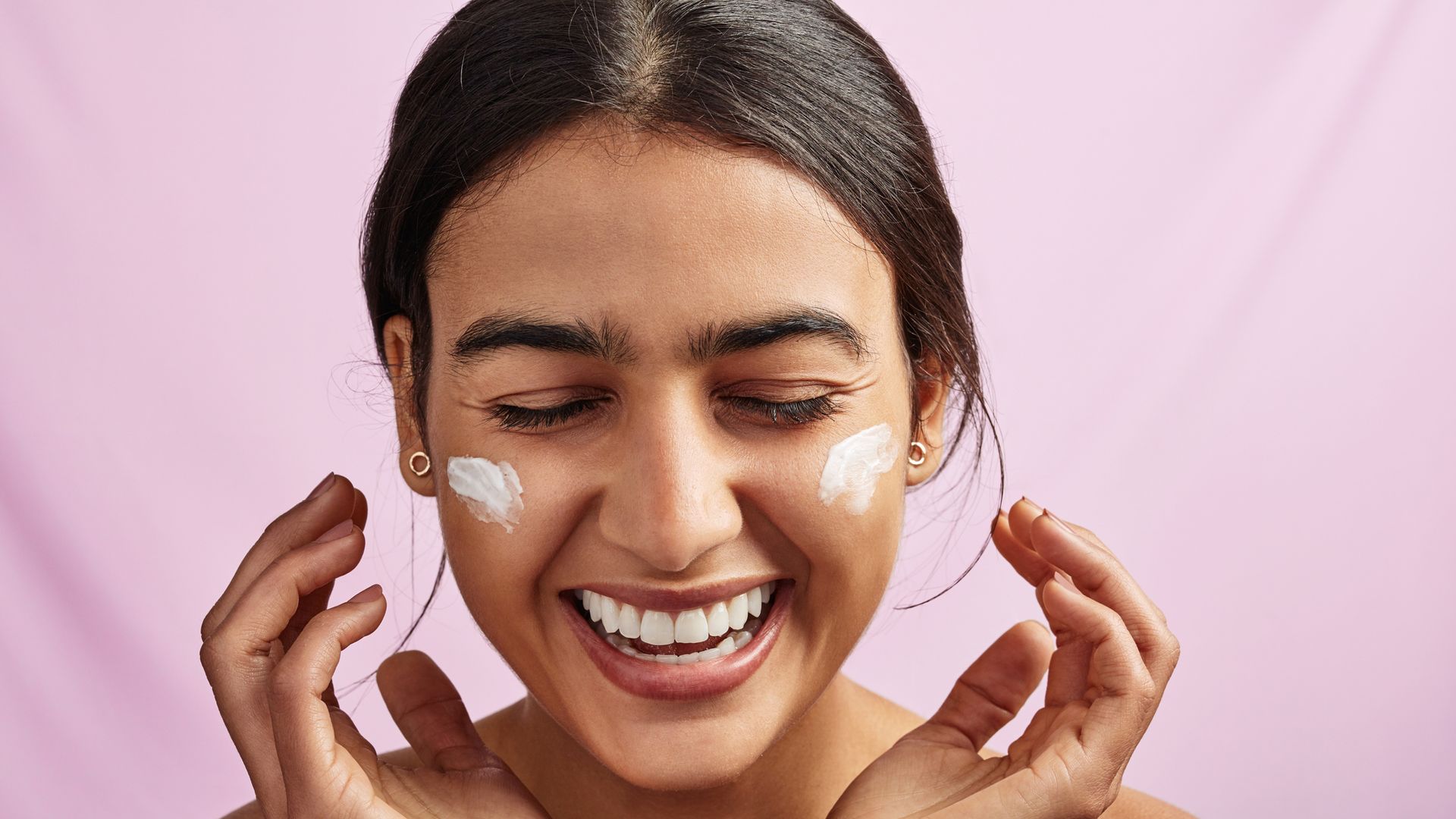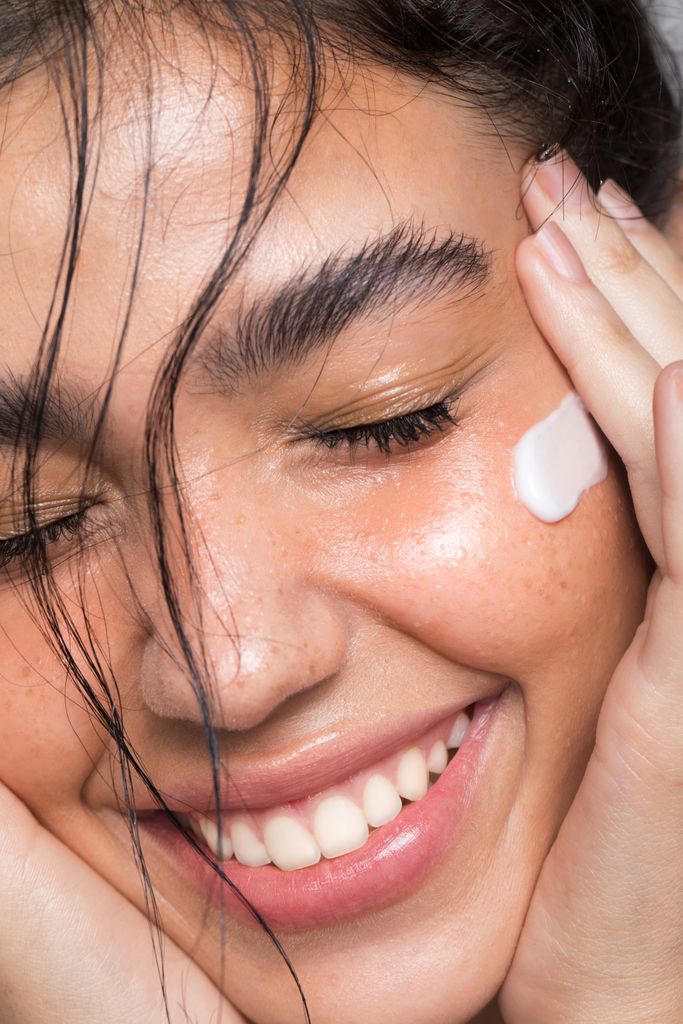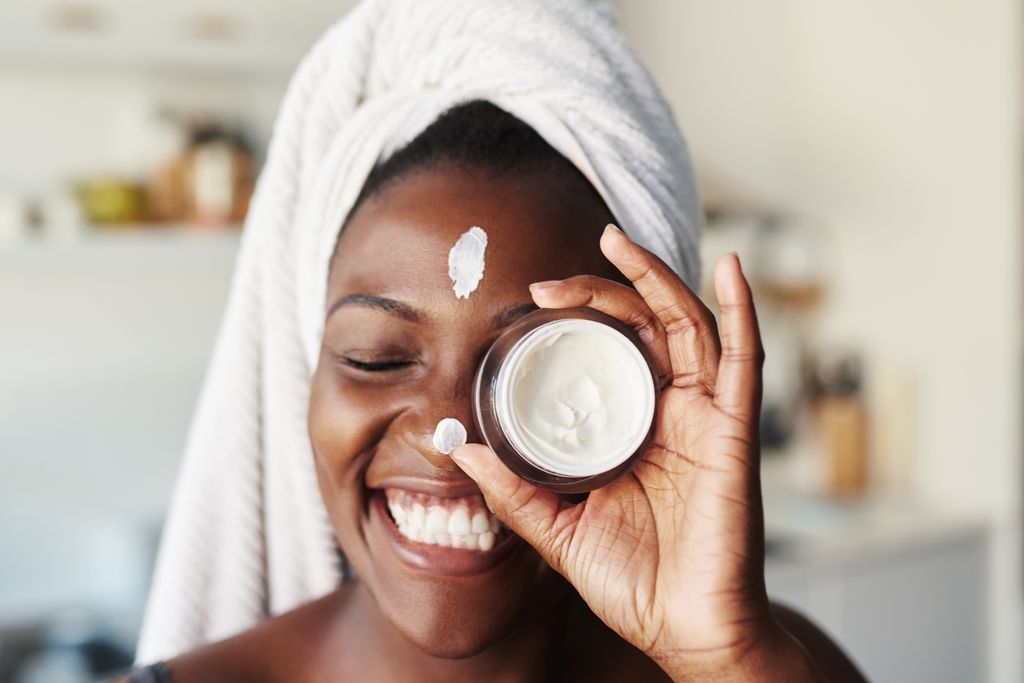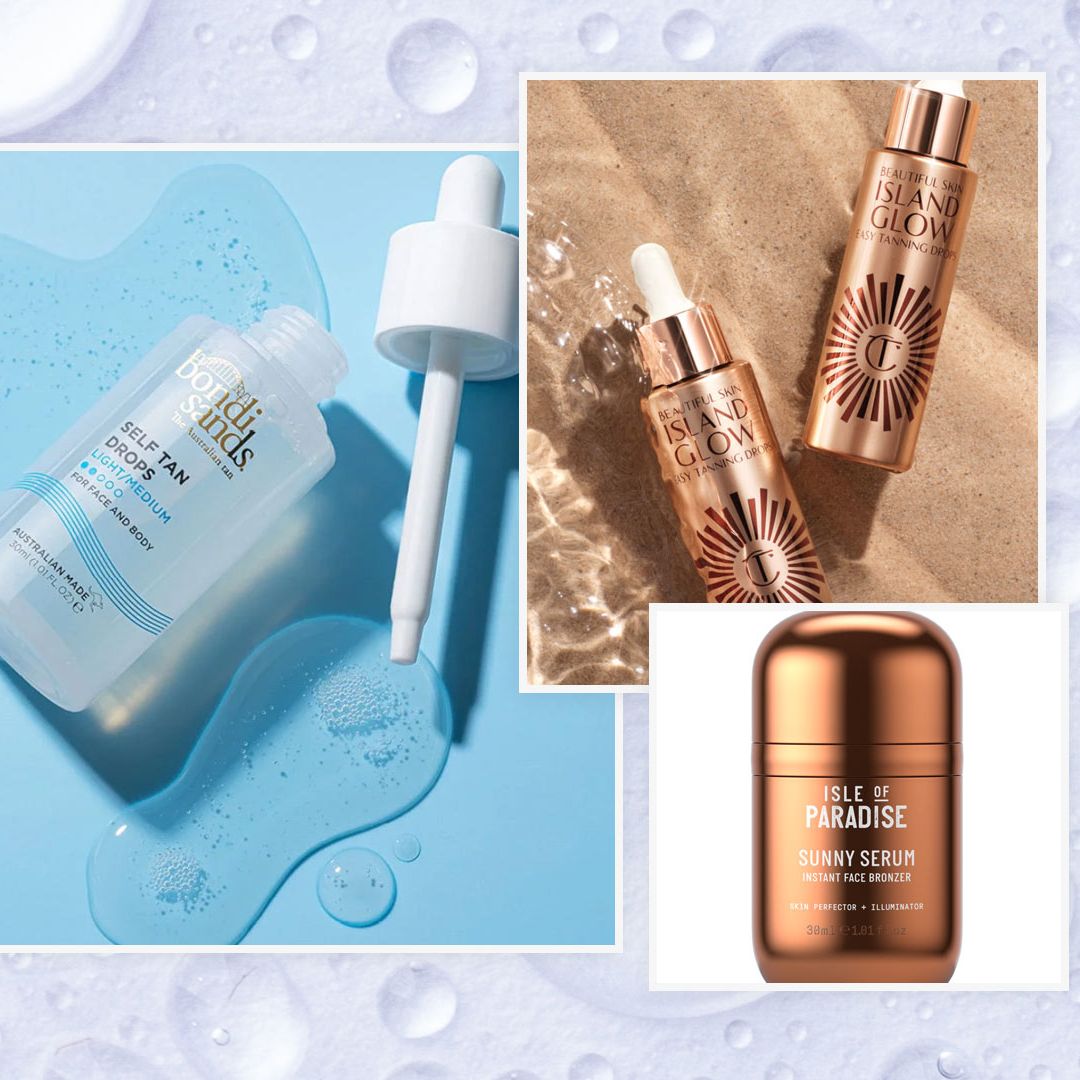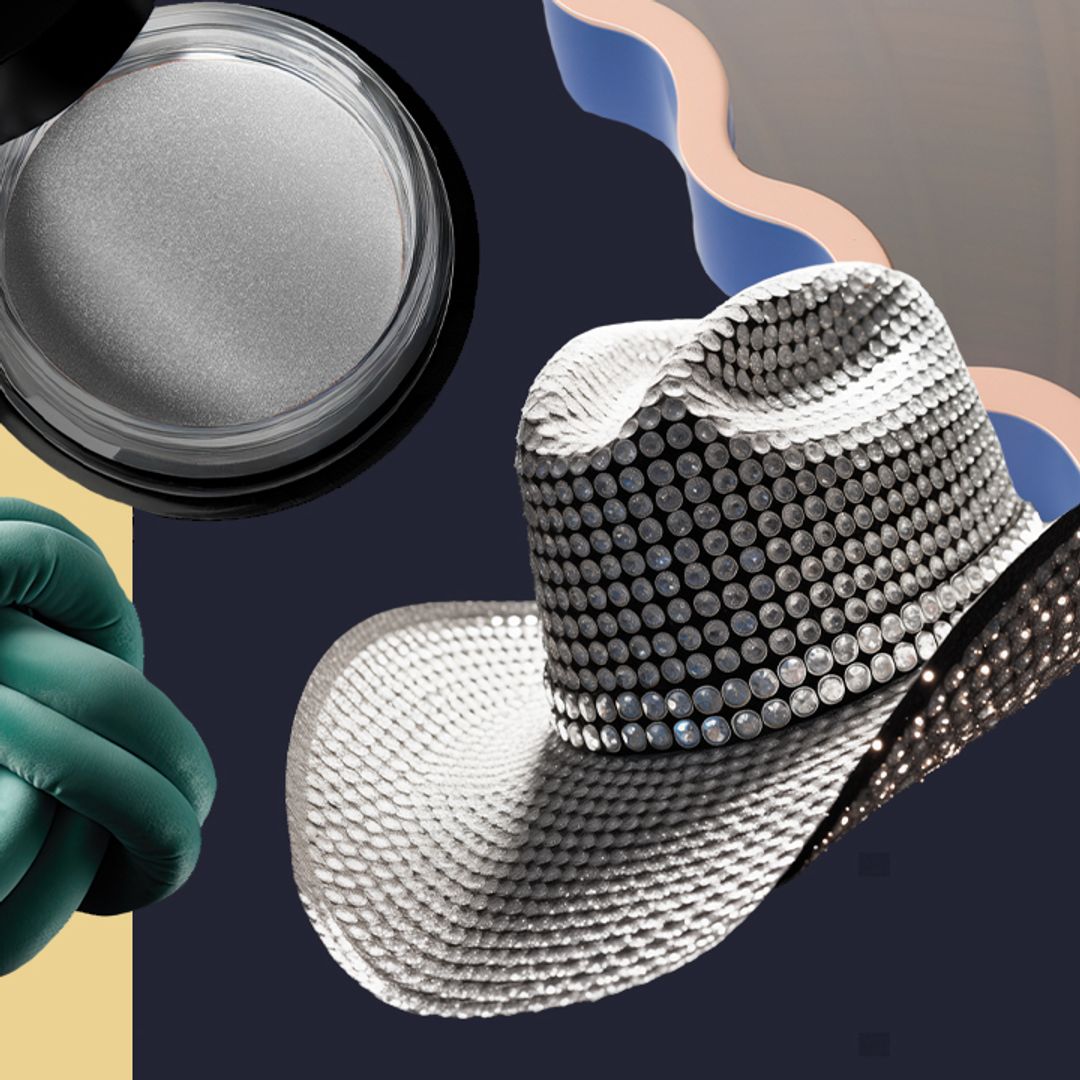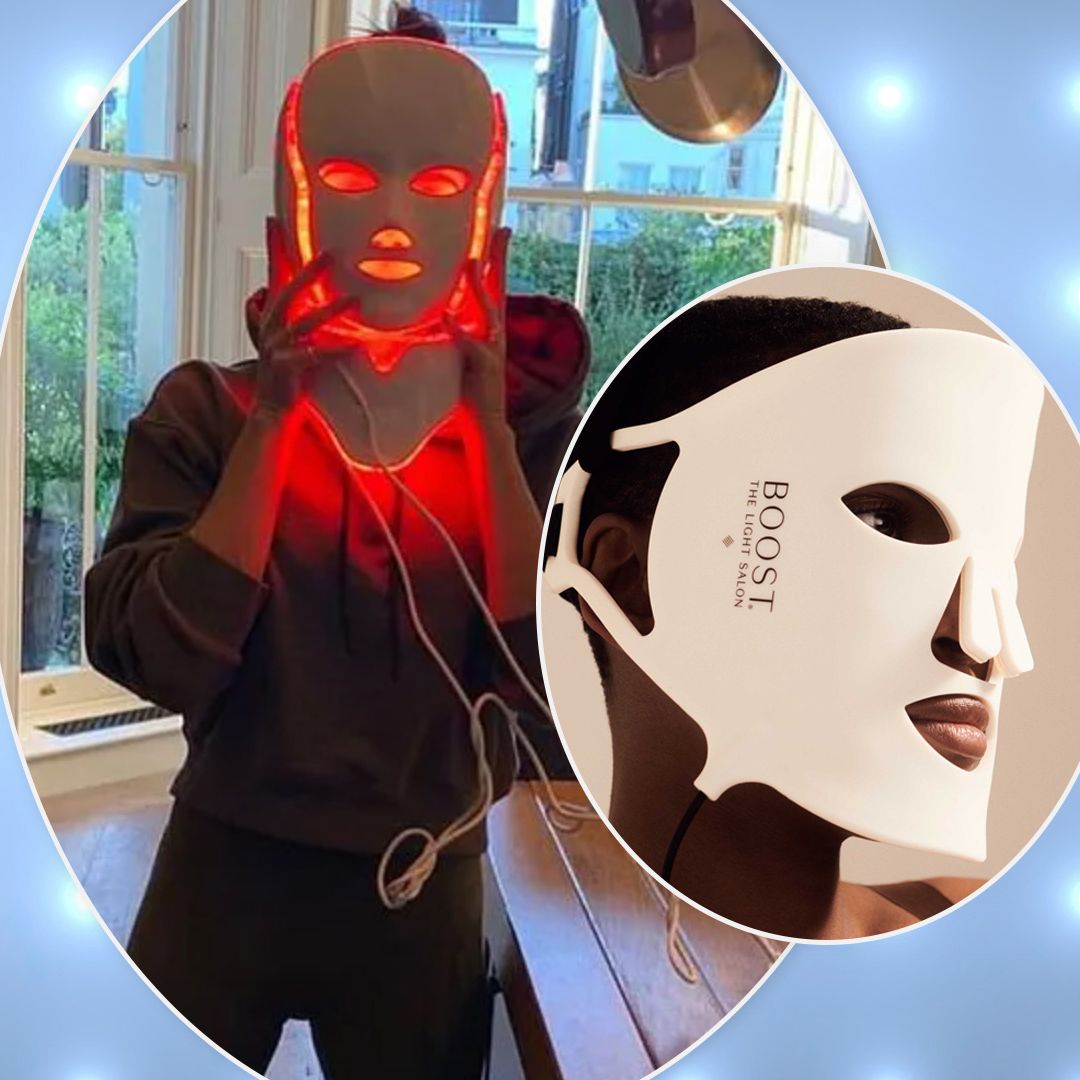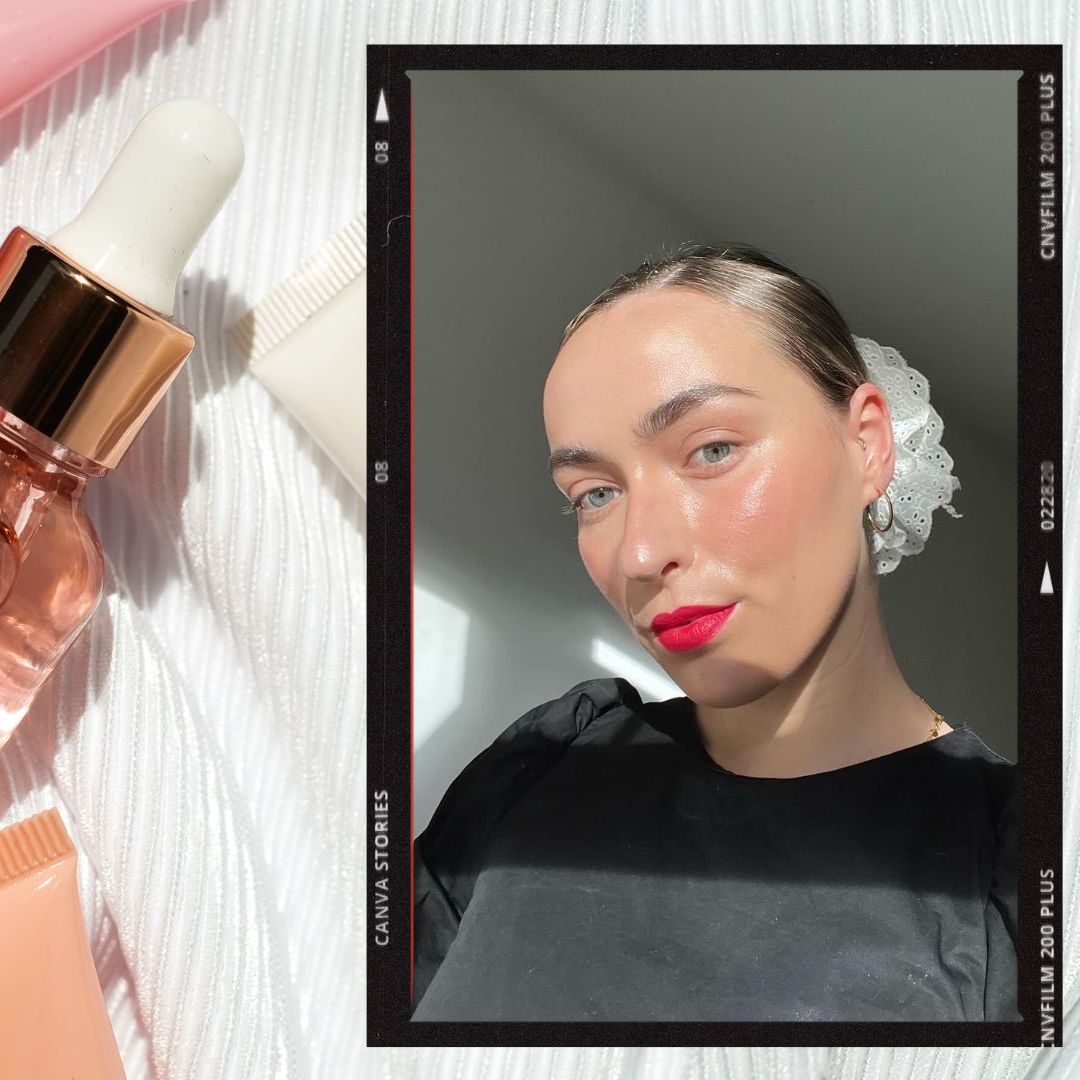There's no denying that adding a new lipstick to your virtual basket can make you feel happier, and there's nothing quite like a fresh mani to boost a bleak day, but beauty's power to support our mental wellbeing runs much deeper than surface level.
HELLO! spoke to psychodermatology expert Dr. Rebecca Purewal, also known as Dr. Wisderm, about how skincare be used as a tool in an overall self-care regimen to support our mental well-being.
How does skincare make us happier?
1. Skincare is a form of self-care
Engaging in a skincare routine can serve as an act of self-care and self-nurturing. In our fast-paced world, taking time to care for yourself is important and can promote feelings of self-worth and self-appreciation.
RELATED: When I can't face the world, my beauty routine helps pick me back up
You may not feel worthy of participating in self-care, particularly when feeling low in mood. Perhaps you do not feel like you deserve it. We all deserve self-care and it does not have to be complicated or expensive. Skincare can be an easy first step on the journey to learning how to take care of yourself.
2. Skincare as mindfulness and relaxation
The act of applying skincare products can be a meditative experience, especially when done with mindfulness.
Focusing on the sensory aspects of skincare, such as the texture and scent of products, can help you slow down and bring your mind into the present moment, and promote relaxation.
READ: My beauty routine helps clear the cloud of depression — but it’s not always easy
Pairing skincare with relaxing music and deep breathing techniques can help lower your cortisol levels (our primary stress hormone) and alleviate feelings of tension.
Not only has mindfulness been shown to have benefits for our psychological wellbeing, it can also indirectly have benefits for the skin including reduced inflammation and less breakouts.
3. Skincare can boost self-confidence
When skincare products lead to visible improvements in your skin, it can boost your self-esteem and confidence. Feeling good about your appearance can positively impact your mood and mental well-being.
However, even if your skincare has no effect on your skin's appearance, your confidence can still be boosted by completing a self-care activity (moisturising, cleansing, toning etc.,) which provides you with a sense of achievement.
This is because when you accomplish a task, it triggers the release of dopamine, a neurotransmitter associated with pleasure and reward. This can also give you a sense of competence which contributes to your overall self-confidence.
BEAUTY BOOST: I cried myself to sleep every night – until I tried this simple trick
4. Skincare helps establish a routine
Like other health habits such as regular exercise, eating well and sleep hygiene, establishing a skincare routine can bring a sense of structure and stability to daily life. Having a consistent routine can be particularly helpful for dealing with anxiety as it creates a sense of predictability.
If you feel you're busy or don’t fancy spending a lot of money on skincare products, don't fret. Your skincare routine does not need to be complicated or expensive. Choose two or three skincare products that work for you and use them routinely. This can help to reduce decision fatigue by minimising the number of decisions you need to make each day, leaving you with more mental energy for tasks that require deeper thinking.
5. Skincare promotes body attunement
The ability to connect with, and be aware of the sensations, emotions, and needs of your body is referred to as body attunement.
It involves being in tune with your body's signals, such as hunger, tiredness, tension, and comfort. Listening to your body helps you meet its requirements for optimal well-being.
Skincare helps encourage you to check in with your body regularly. This can foster a stronger sense of connection with your body by helping you become more in tune with your physical sensations and help you to notice changes or discomfort that might require attention.
Dr Rebecca Purewal, also known as Dr. Wisderm on Instagram, is a clinician and researcher in Psychodermatology, which is the scientific study of the relationship between the mind and the skin. She is currently working at the Royal Free Hospital Psychodermatology Service, and is conducting research into the effectiveness of psychological interventions for people with skin conditions at University College London.
